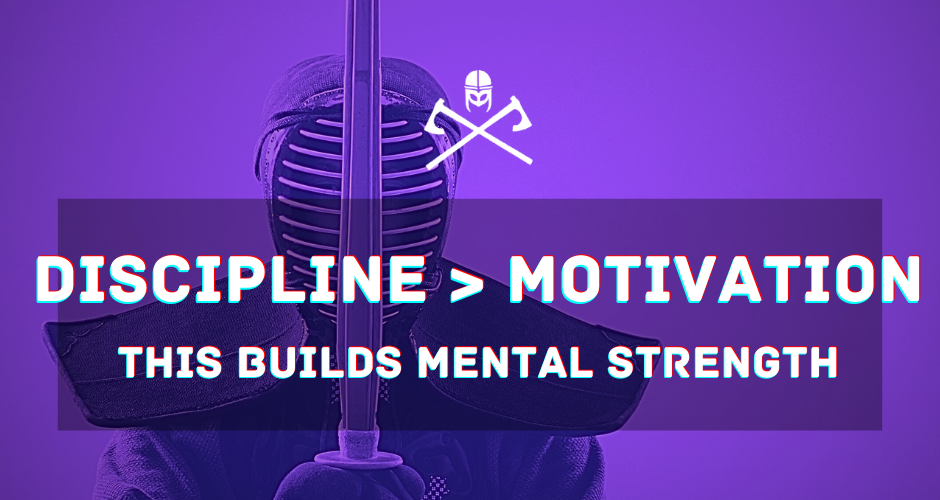
by Gene Crawford | Sep 15, 2025 | Podcast
Unlock the foundations of an unbreakable mindset through the discipline-driven philosophies of Jocko Willink, Miyamoto Musashi, and David Goggins. This episode dives deep into the power of consistent daily action, waking early, making your bed, checking your gear, as the building blocks of real mental toughness. We explore how embracing voluntary hardship, journaling for self-awareness, and strategic digital detoxes can strengthen your resolve and clarity. Motivation fades, but discipline endures. Whether you’re chasing mastery or simply trying to show up stronger every day, this episode offers a roadmap to resilience and a call to take ownership of your mind, your habits, and your legacy.
(more…)
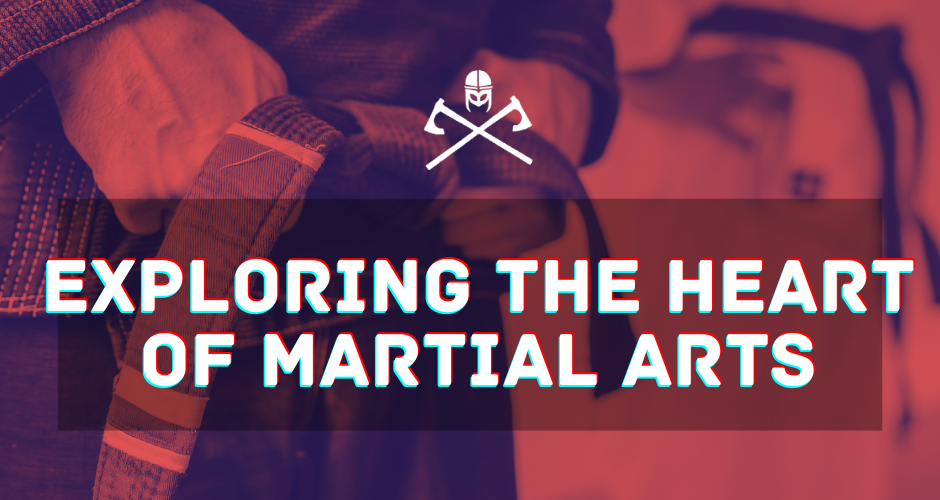
by Gene Crawford | Sep 8, 2025 | Podcast
Step into the world of martial arts as we explore the classic debate of grapplers versus strikers, diving into the strengths of jiu-jitsu, boxing, and Muay Thai while showing how blending disciplines creates well-rounded fighters. Through personal stories and humorous gym anecdotes, we reveal how martial artists mature, discovering that no style stands alone. We also highlight the colorful chaos of Street Beefs alongside the composed legacy of UFC legend Demetrius Johnson, touching on shark tanking challenges, cauliflower ear, and the enduring role of respect and humility in training. Finally, we defend foundational jiu-jitsu practices, unpack cultural taboos around belt progression, and reflect on coaching philosophies from Chad Wright to Bob Hurley, emphasizing perseverance, standards, and traditional martial values.
(more…)
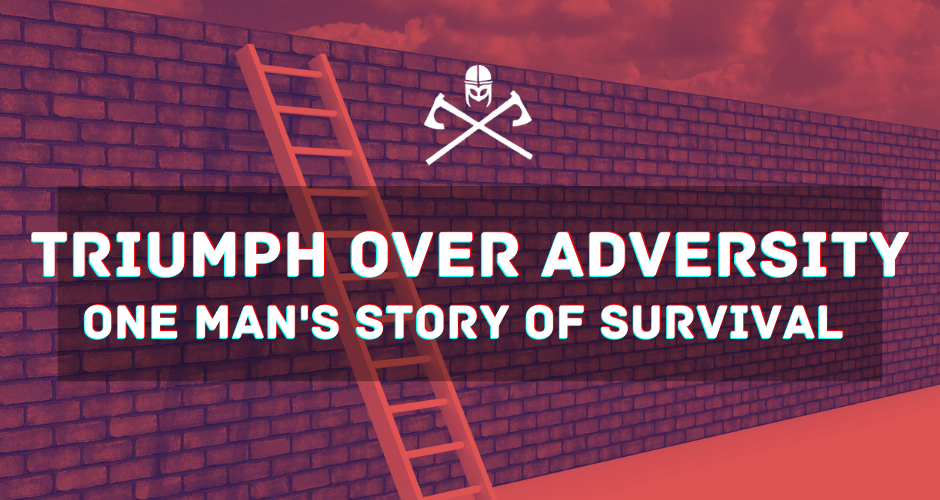
by Gene Crawford | May 26, 2025 | Podcast
We’re talking with Bill Phillips; retired Navy Commander, cancer survivor, and founder of the KFG Project. After a stage three colorectal cancer diagnosis, Bill leaned on the mental tools forged in military service to navigate the fight of his life. We explore how his mantra “Keep F*ing Going” became a lifeline and mission, now driving KFG’s work supporting veterans and first responders through cancer recovery. Bill shares raw insights on purpose after service, resilience through chaos, and the power of presence. This is a powerful conversation about grit, healing, and building a legacy through hardship.
(more…)
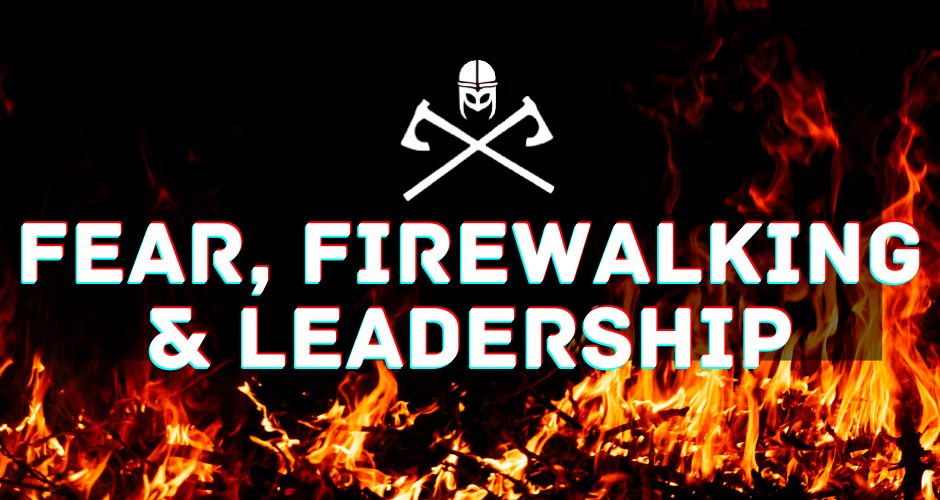
by Gene Crawford | Apr 7, 2025 | Podcast
In this episode, we explore how bold, unconventional challenges can fuel personal and professional transformation. Our guest, Jada, a former HR consultant turned CEO coach, shares how firewalking, glass walking, and arrow breaking taught her to overcome fear and build lasting resilience. We also discuss how addressing people-related business challenges, authentic networking, and embracing discomfort can unlock real growth. From gender dynamics in leadership to the power of like-minded communities, this conversation will inspire you to push boundaries, rethink success, and approach life with a mindset of continuous learning and adventure.
(more…)
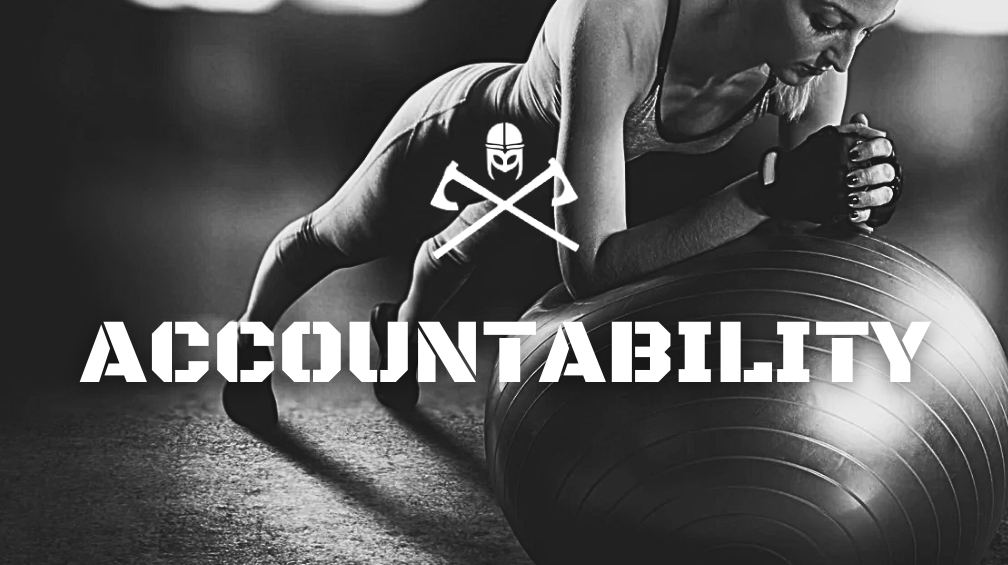
by Gene Crawford | Apr 2, 2025 | Blog
There’s a moment in every fighter’s journey when they step into the ring alone. The crowd fades. The coach’s voice is a distant echo. The opponent in front of them is real, but the real battle? It’s within.
That moment, the split second before the first strike, is where accountability lives. No one can throw your punches for you. No one can force you to move your feet. It’s you, and only you.
But here’s the truth: No warrior walks the path alone. Whether you’re a martial artist, an entrepreneur, or someone striving for personal growth, accountability is the unseen force that keeps you sharp, disciplined, and evolving.
Self-Management: Becoming Your Own Coach
Self-accountability starts in the dark, when no one is watching, when the comfort of excuses calls your name, when the easy road tempts you to veer off course.
So how do you stay on track?
- Set Clear Expectations – Like a kata in Karate, your goals need structure. Instead of vague aspirations, define your path with precision. “I want to train harder” becomes “I will hit the dojo five days a week and log my progress.”
- Track Your Progress – Whether it’s a notebook, an app, or a whiteboard in your gym, writing things down makes you accountable to yourself. When you see the numbers, the reps, and the effort laid out, excuses lose their power.
- Embrace Discipline Over Motivation – Motivation is fleeting. Discipline is built. The best warriors don’t wait to feel inspired—they train because it’s who they are. They lace up their gloves whether they feel like it or not.
- Face the Hard Truths – Self-awareness is brutal but necessary. If you skip a training session, own it. If you make excuses, call yourself out. Growth comes from honesty.
But even the strongest self-discipline has limits. That’s why every warrior needs a coach.
Who Coaches You? The Role of a Mentor in Accountability
Even the best fighters have a coach in their corner. But a coach isn’t just someone who yells at you to train harder, they see what you can’t, push you beyond your limits, and call you out when you’re slacking.
A great coach:
- Challenges you without breaking you.
- Sees your blind spots and forces you to confront them.
- Holds you accountable when your mind starts making excuses.
- Offers wisdom gained through experience.
Your coach might be a martial arts instructor, a business mentor, or even a mindset coach. The key? Find someone who demands your best, not someone who makes you comfortable.
Finding a Coach or an Accountability Partner
Not everyone needs a formal coach. Sometimes, an accountability partner, a training partner, a friend, or a mastermind group—can serve the same purpose.
Here’s how to find the right person:
- Look for someone who has what you want – If they’ve already achieved what you’re chasing, they understand the path.
- Seek brutal honesty – A good accountability partner doesn’t just encourage you; they call you out when you slip.
- Set clear expectations – “Let’s hold each other accountable” is vague. “We check in every Friday and review progress” is specific.
The Warrior’s Code of Accountability
Accountability isn’t about guilt or punishment. It’s about discipline, growth, and commitment to the path. A warrior doesn’t make excuses, they find solutions. A warrior doesn’t hide from failure, they learn from it.
So, ask yourself:
- How well do you self-manage?
- Who holds you accountable?
- What’s your next step in finding a coach or partner?
Because at the end of the day, no one will fight your battles for you. But the right accountability, whether from within or from a coach, will make sure you never step into the ring unprepared.
Now, are you ready to level up?





